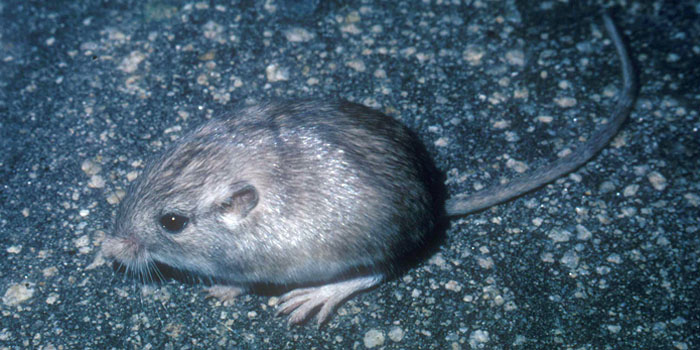
Washington is home to 12 native species of mice, including the field mouse, Northern Grasshopper Mouse, and the Great Basin Pocket Mouse.

These two rats now exist anywhere humans do. Common Types of Rodents in WashingtonĬommon rodents of Washington include Norway Rats and Black Rats, both of which are referred to as Old World Rats because they stowed away in the first colonial ships from Europe to the Americas, according to the Washington Department of Fish and Wildlife.

This can often lead to contracting rat-bite fever and having to go to the hospital. A good rule of thumb if you encounter a wild rat is to not attempt catching it with your hands (a live trap or snap trap is a different story) because this is the most likely way to get bitten.
#MICE GREAT BASIN POCKET MOUSE WASHINGTON PROFESSIONAL#
This is why rat removal by a professional exterminator can be so important to protect your and your family’s health. If, however, a rat is cornered, it will turn to aggression to try to escape. A rat’s MO when humans are present is to run and hide, both of which they are adept at. As the adage goes, they are more afraid of you than you are of them. A more nuanced answer is that rats generally bite when they have no other option. None of these diseases is a walk in the park if contracted, requiring hospitalization and potentially being fatal. Other diseases, such as salmonellosis and rat-bite fever come from eating or drinking water contaminated by rat droppings. These include hantavirus, and hemorrhagic fever, which can both be contracted by inhaling dust contaminated by rodent droppings or urine, according to the Centers for Disease Control and Prevention. The main perils that rodents present are their tendency to carry diseases that can harm humans. Though they are resourceful creatures that can make their way in forests and fields, the ease of access to food, water, and shelter in a human home is a very attractive living situation for them. Like us, rats and mice need food, water, and shelter. If you’ve discovered these furry critters in your home, here are a few tips and tricks that can help you get them out and keep them out.

And for obvious reasons-they cause damage to homes, can carry diseases, and contaminate food in your pantry. No one wants to share their home with rats and mice.


 0 kommentar(er)
0 kommentar(er)
